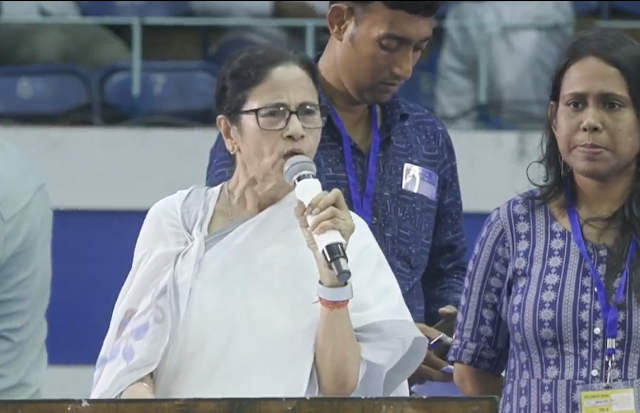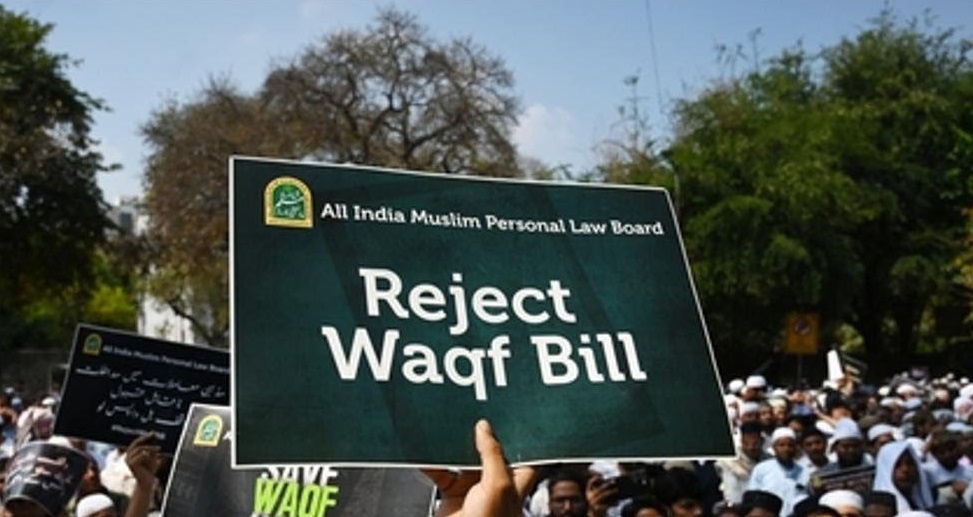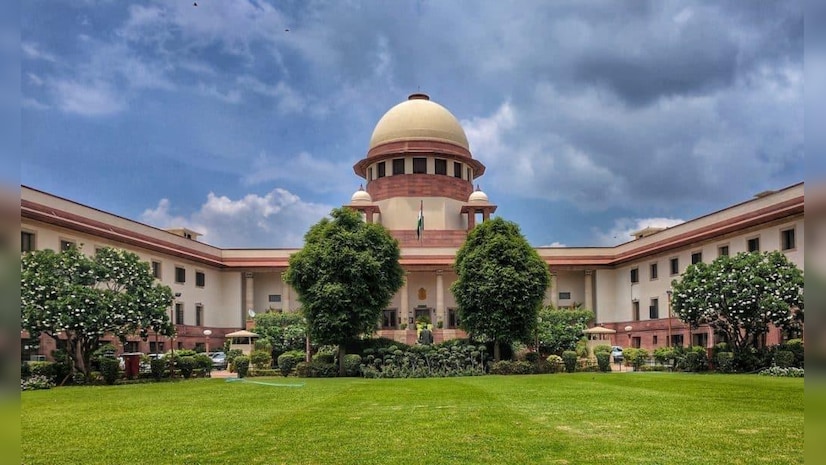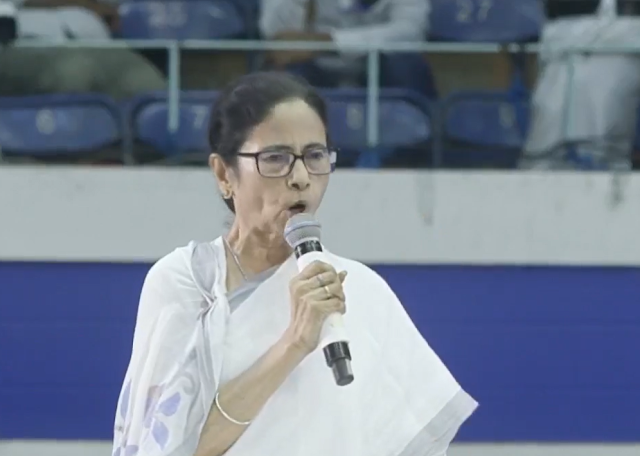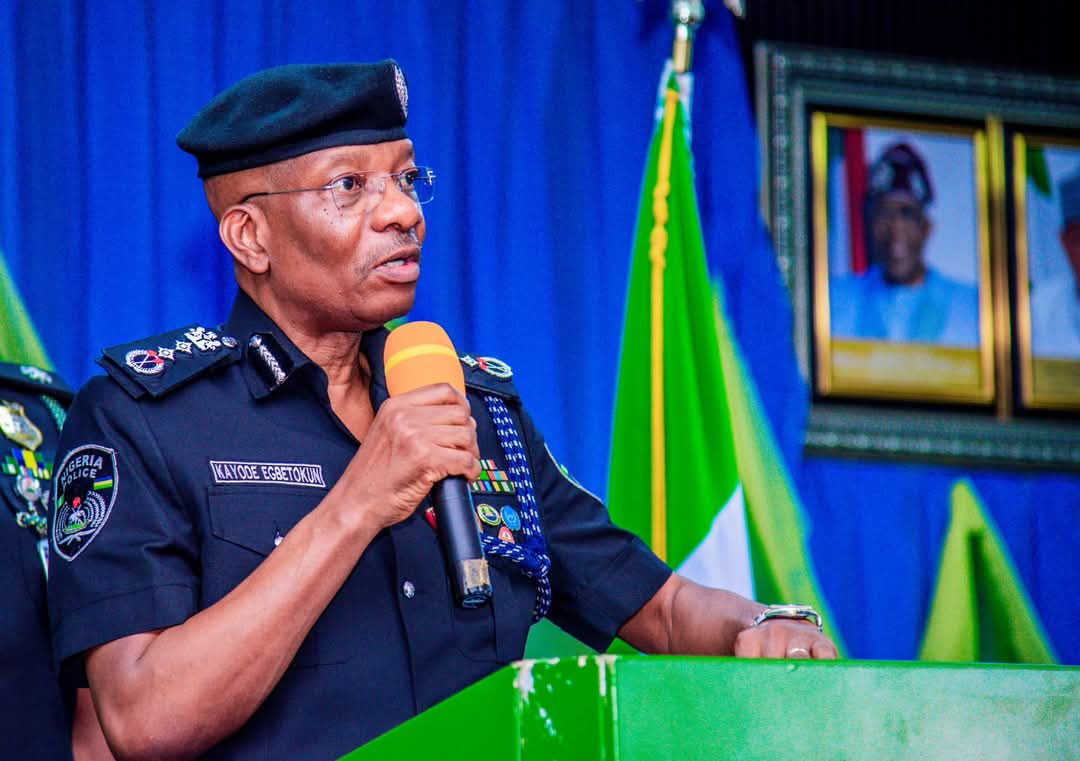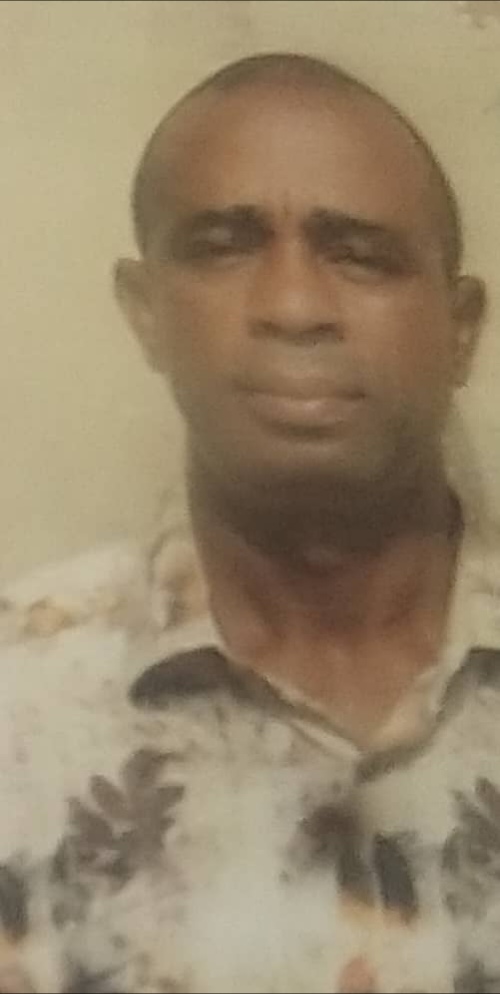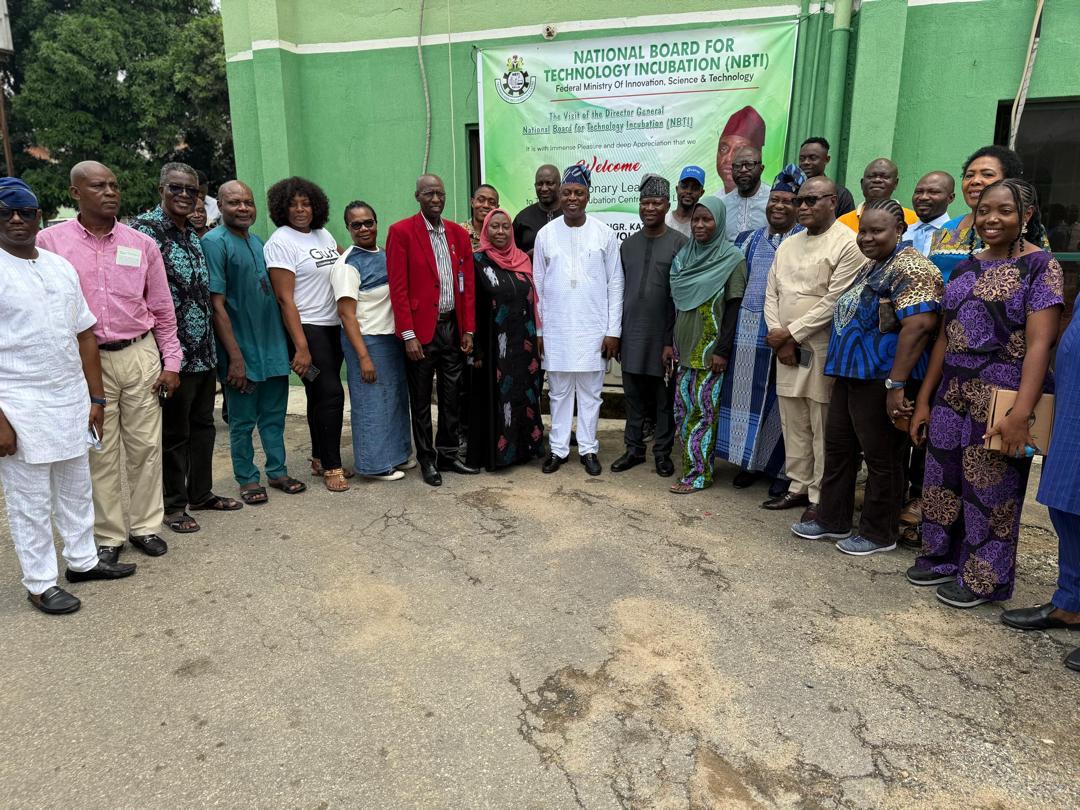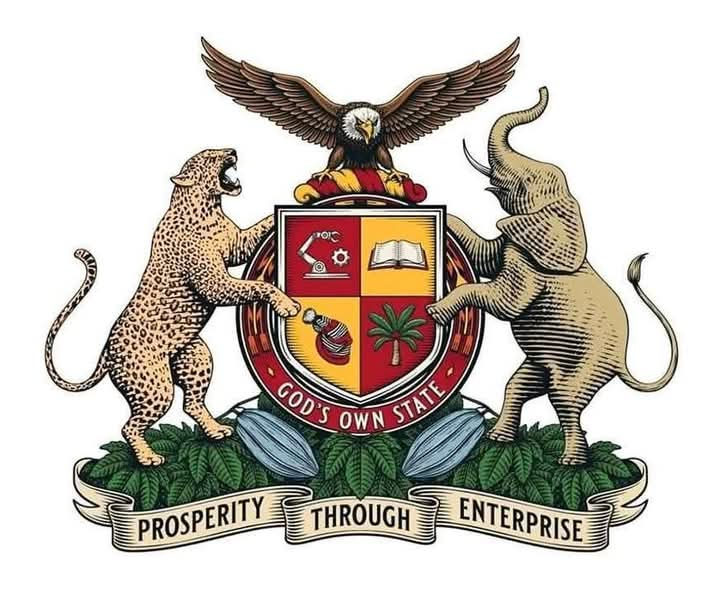Agencies, April 7, 2025, Kolkata : In a fiery address to thousands of affected teachers and non-teaching staff, West Bengal Chief Minister Mamata Banerjee pledged her unwavering support to those who lost their jobs following a Supreme Court ruling that invalidated over 25,000 appointments in state-run and aided schools. The Supreme Court’s decision on April 3 declared the recruitment process for these positions “vitiated and tainted,” leading to the dismissal of 25,753 teachers and staff members, a move that has sparked significant unrest and controversy.
Banerjee, speaking at the Netaji Indoor Stadium in Kolkata, assured the affected individuals that her government would take all necessary steps to ensure that eligible candidates would not lose their livelihoods. “I stand by those who lost their jobs in schools in Bengal. I will do everything to restore your dignity,” she said, further emphasizing that her administration would not allow any deserving candidates to remain jobless. She reassured the crowd that plans were in place to avoid any interruptions in service for qualified individuals.
While Banerjee respected the Supreme Court’s ruling, she expressed deep dissatisfaction with the verdict, arguing that the state government had not been given an opportunity to differentiate between eligible and ineligible candidates. She raised concerns about the lack of transparency, noting that the court had not provided a list of valid appointments, which she claimed led to confusion and unfair dismissal of deserving teachers. “An innocent person cannot be punished,” Banerjee asserted.
The Chief Minister, visibly defiant, even went so far as to say that she was ready to face jail if penalized for standing by those affected. “I don’t care what others think. If standing by you means going to jail, I am ready to do so,” she declared. She also suggested that political forces, including the opposition BJP and CPI(M), were behind a “conspiracy” to destabilize the education system in Bengal.
The event, however, did not unfold as Banerjee might have anticipated. The atmosphere at the stadium was charged with emotions as the affected teachers, many of whom were in distress, voiced their anger. Protestors interrupted the Chief Minister’s address, questioning her government’s response to the crisis. Some speakers, including prominent cultural figures like author Abul Bashar and poet Subodh Sarkar, were booed off the stage as the crowd expressed their frustration, which only intensified the chaotic environment.
Several affected teachers spoke out about the emotional toll the verdict had taken on them. Chinmay Mondal, one of the terminated teachers, shared that many of his colleagues were struggling with severe mental distress, with some even contemplating extreme measures due to the uncertainty. “If no solution is found, we may apply for euthanasia to the President, Prime Minister, Chief Justice, and Human Rights Commission,” Mondal said, highlighting the depth of despair felt by many.
The controversial recruitment process, which has been at the heart of the crisis, was marred by allegations of irregularities, bribery, and manipulated lists. The Supreme Court’s verdict followed a lengthy legal battle and upheld a Calcutta High Court ruling that had earlier cancelled the appointments, citing procedural lapses. The ruling also referred the matter to the Central Bureau of Investigation (CBI) for further investigation.
In her speech, Banerjee continued to criticize the Supreme Court’s decision, calling it a mental attack on her and her government. “Our heart is aching because of your grief… It is because of this, they might put me in jail. But I don’t care,” she stated. She accused political rivals of playing a “dirty game” to tarnish her government’s image and undermine the state’s education system.
Despite her fiery rhetoric, Banerjee’s speech left many questions unanswered, particularly concerning the legal and administrative steps that would follow. Her remarks about allowing teachers to continue working “voluntarily” raised concerns about the potential defiance of the Supreme Court’s ruling, further complicating the situation. She promised to review the evidence against ineligible candidates and hinted that the state would reinstate eligible teachers within two months, but the details of these plans remained unclear.
The event, meant to reassure the public and bridge the gap between the government and the aggrieved teachers, only seemed to deepen the divide. Legal experts and opposition leaders, particularly from the BJP, have raised concerns about Mamata Banerjee’s comments undermining the judiciary. BJP’s Purulia MP Jyotirmoy Singh Mahato has written to the Chief Justice of India, urging action against what he termed an attack on the judiciary.
The ongoing crisis stems from a massive recruitment scandal involving the West Bengal School Service Commission (SSC). Investigations revealed that many of the appointments were made through manipulated lists and bribes, leading to the widespread cancellations. The Supreme Court’s verdict, which has left thousands of teachers in limbo, has exposed deep-rooted issues within the state’s recruitment system.
As Mamata Banerjee continues to challenge the Supreme Court’s ruling, the teachers remain caught in an uncertain future, with their livelihoods hanging in the balance. The outcome of this crisis will likely shape the political discourse in Bengal for months to come, as the state grapples with the implications of a controversial decision that has left its education system in turmoil.

